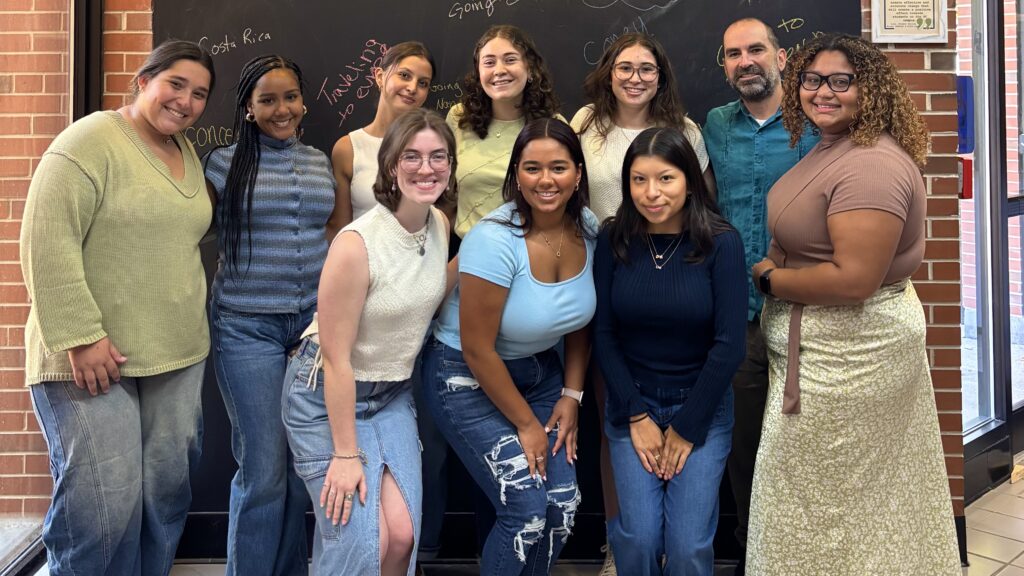About DID
DID (Dialogue, Inclusion, Democracy) Lab creates inclusive spaces that support the development of well-informed and engaged students through deliberative, community-based discourse to promote equity and democracy.
This includes facilitating courses, workshops, and scholarship on dialogue, diversity, and civic engagement. Our approach to civil discourse draws on the findings from a multi-year research project sponsored by the Kettering Foundation on “deliberative pedagogy” that led to the publications of Deliberative Pedagogy (2017) and Creating Space for Democracy (2019).
D.I.D. Wall Mission
To create a safe space that supports the development of well-informed and engaged students through civil discourse.
D.I.D. Guidelines for Use
- Engage responsibly with the question on the board and keep responses relevant
- Ideas should be respectful of people’s humanity and dignity with regards to race, religion, class, gender, sexual orientation, and gender identity
- Respect all responses, as this is a free speech zone
- Speak for yourself, not as a representative of others or groups
DID Co-Directors
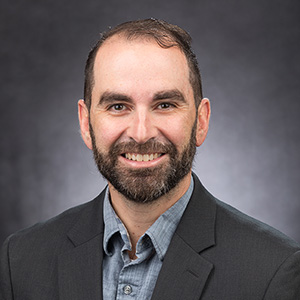
Dr. Nick Longo
More Information
Nicholas V. Longo is a professor in the Department of Global Studies and a faculty fellow for engaged scholarship with the Center for Teaching Excellence at Providence College.
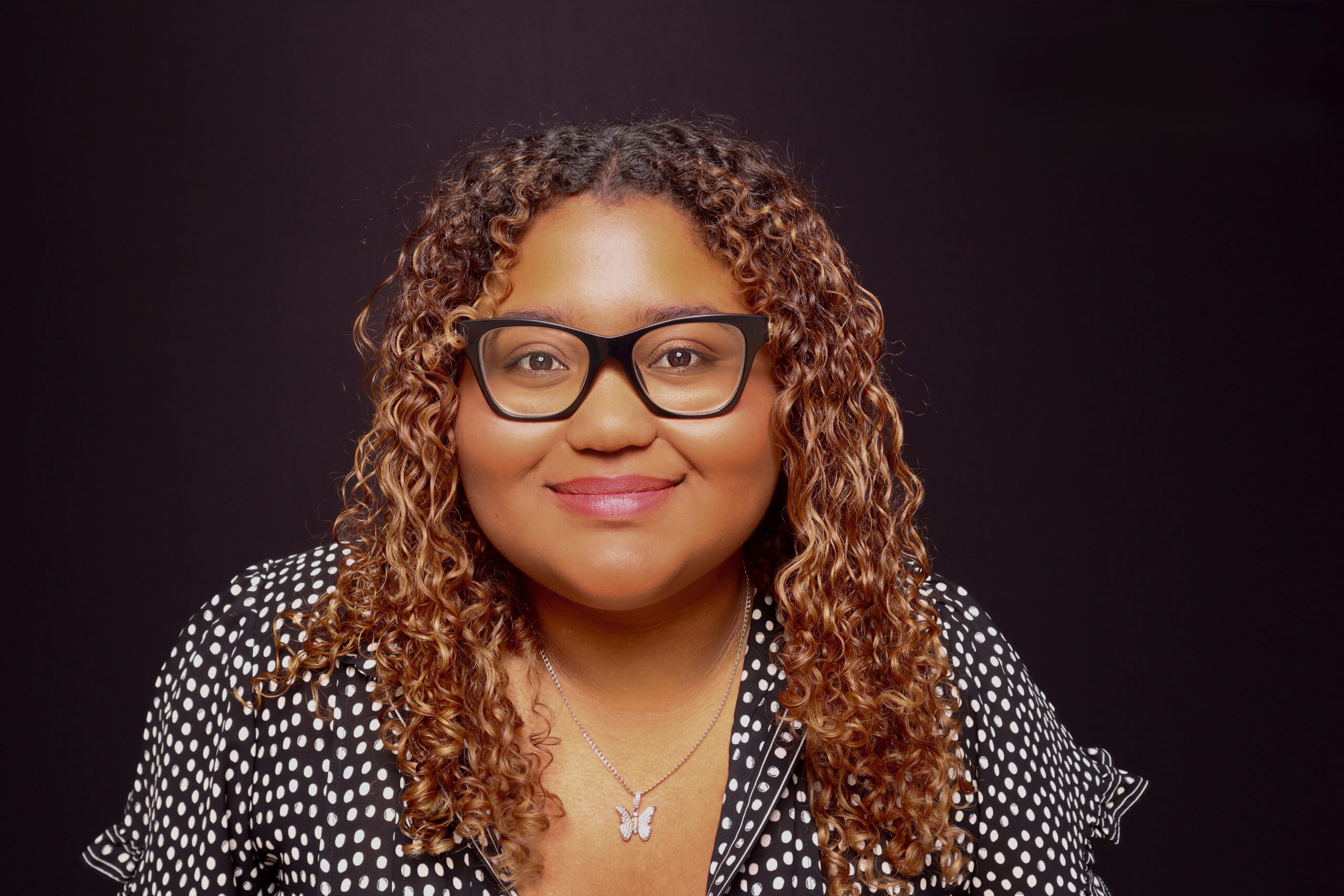
Perla Castillo Calderon
More Information
Perla Castillo Calderon is the Director of the Center at Moore Hall and the PC Smith Hill Annex. She has been a member of the Dialogue, Inclusion, and Democracy (DID) team since its inception and now co-leads the Lab. A proud double Friar, she earned both her B.A. in Public and Community Studies and M.Ed. in Higher Education from PC.
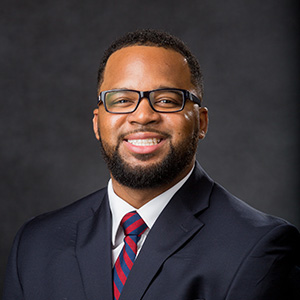
Dr. quincy bevely
More Information
Quincy Bevely is vice president for institutional diversity, equity, and inclusion and an adjunct faculty member at PC. He has facilitated undergraduate courses in global studies, elementary and special education, the Department of Western Civilization Program.
Contact Us
Dr. Nicholas Longo
Professor of Global Studies
401.865.1207
nlongo@providence.edu
Dr. Quincy A. Bevely
Vice President of Institutional Diversity
401.865.2889
qbevely@providence.edu
Student Dialogue Fellows

Yessnia Tavarez
Class of 2027
Social Work Major
Why D.I.D? "To create a welcoming and safe enviornment"
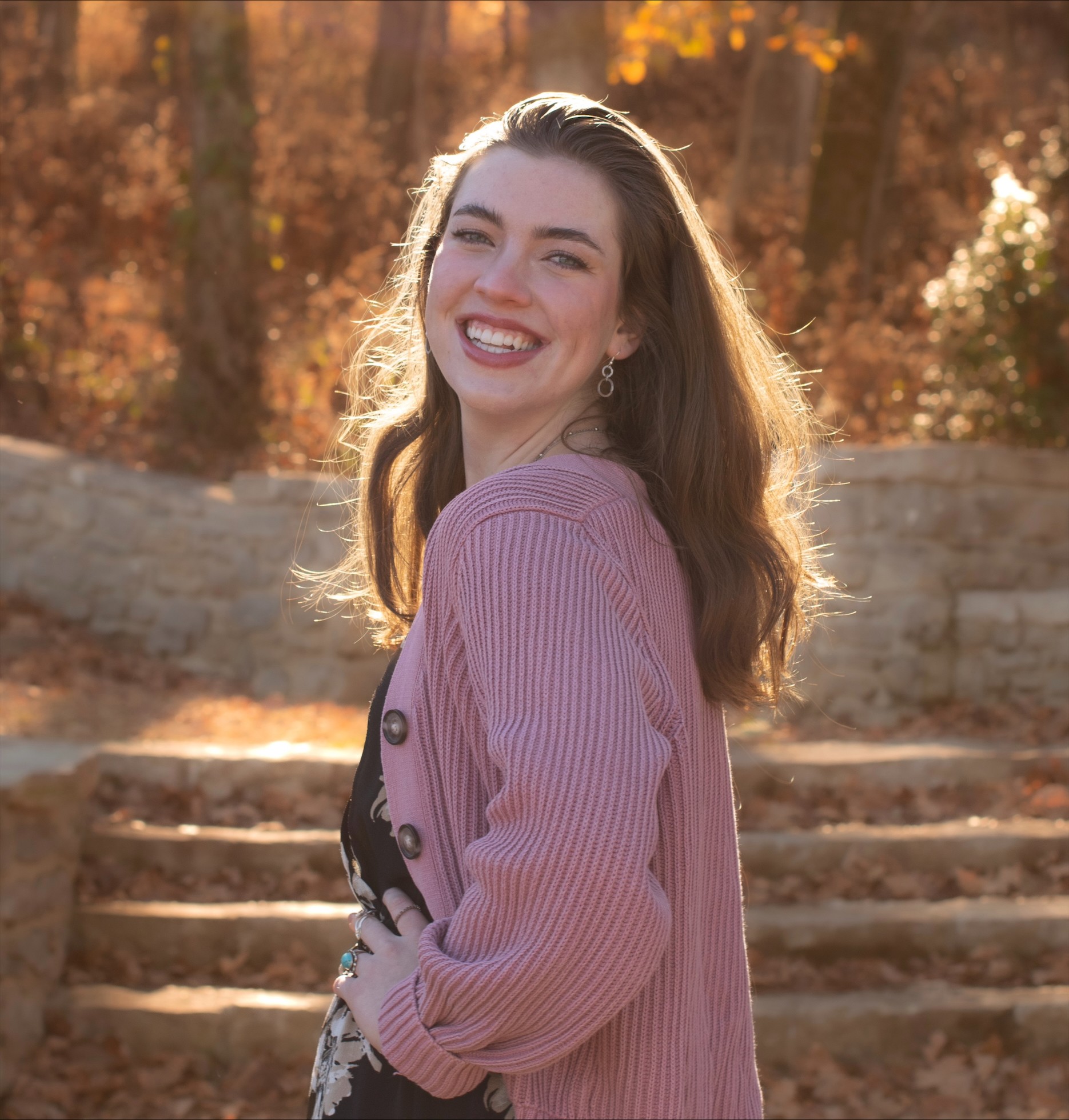
Clara Johnson
Class of 2026
Social Work & English major(s)
Why D.I.D? "We are such an incredible resource as a voice of truth in this culture, and i want to create a space for that dialogue and community where truth can emerge!"
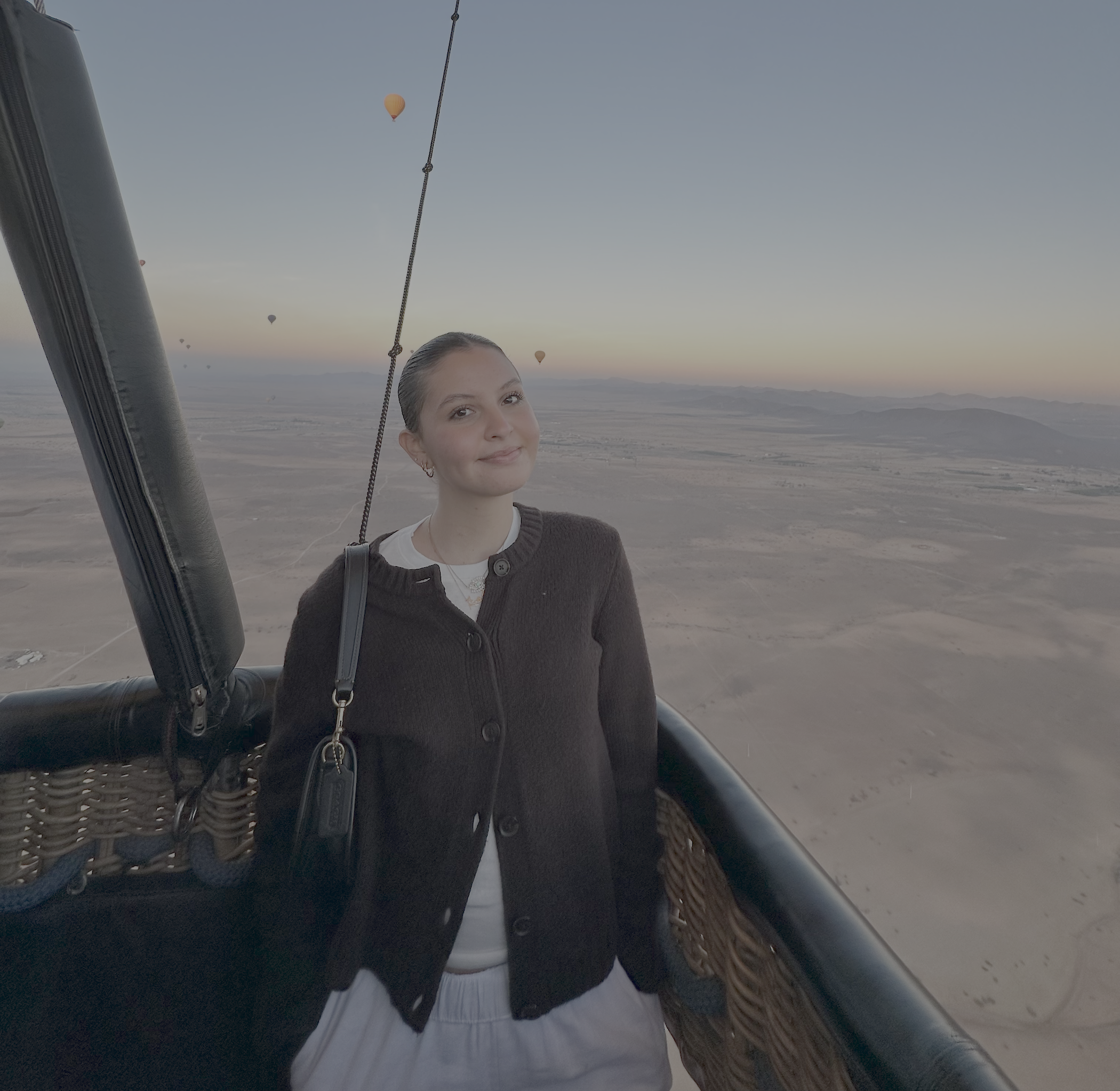
Ethar Altekreeti
Class of 2026
Health Policy & Management, Global Studies major(s)
Why D.I.D? "To help provide individuals with a space where they can have open, respectful conversations and create real understanding and meaningful change."
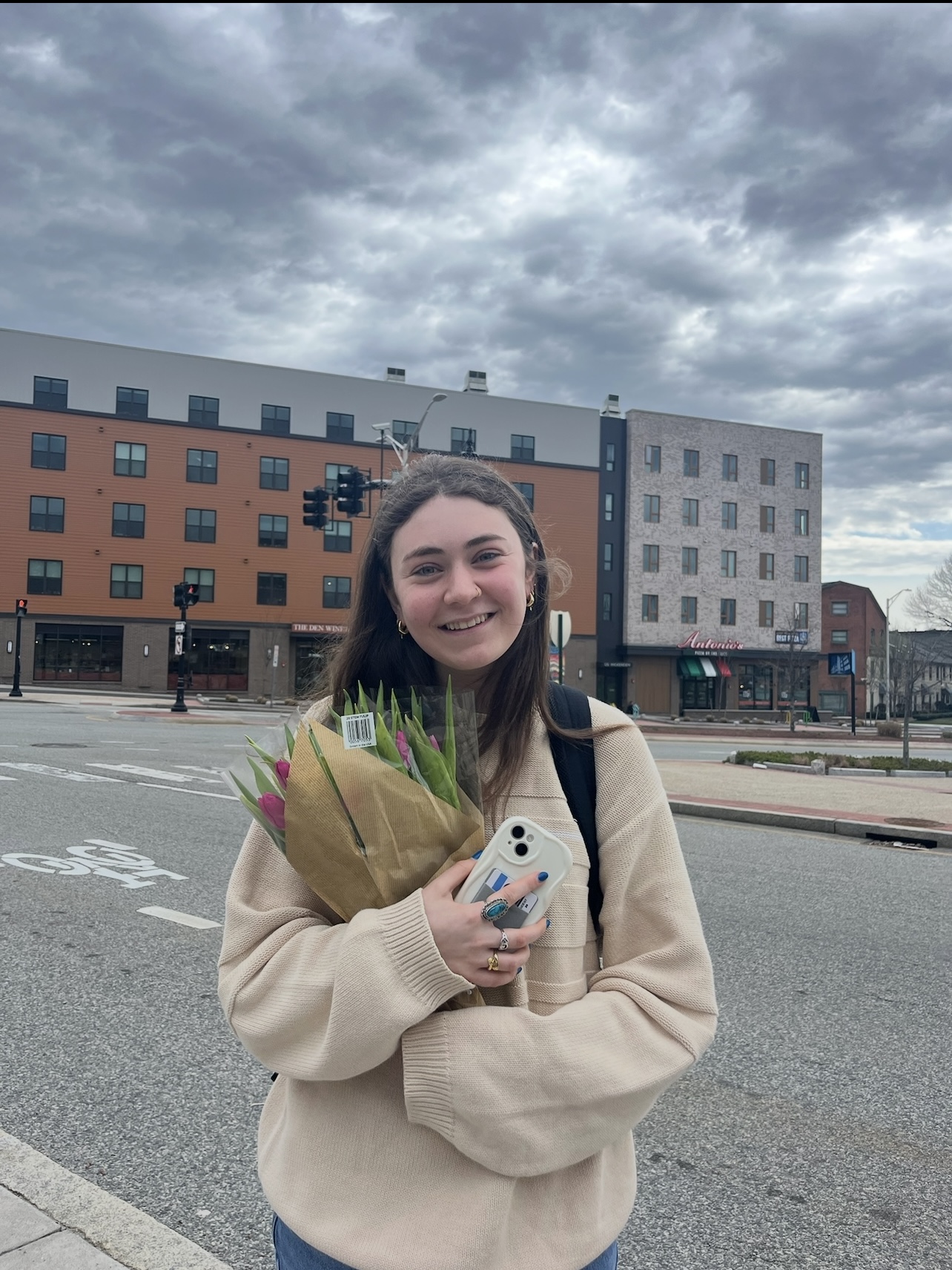
Shannon Kelly
Class of 2026
Global Studies & Sociology major(s)
Why D.I.D? "Through d.i.d. lab, I hope to foster connections with the local Providence community and be a force for good"
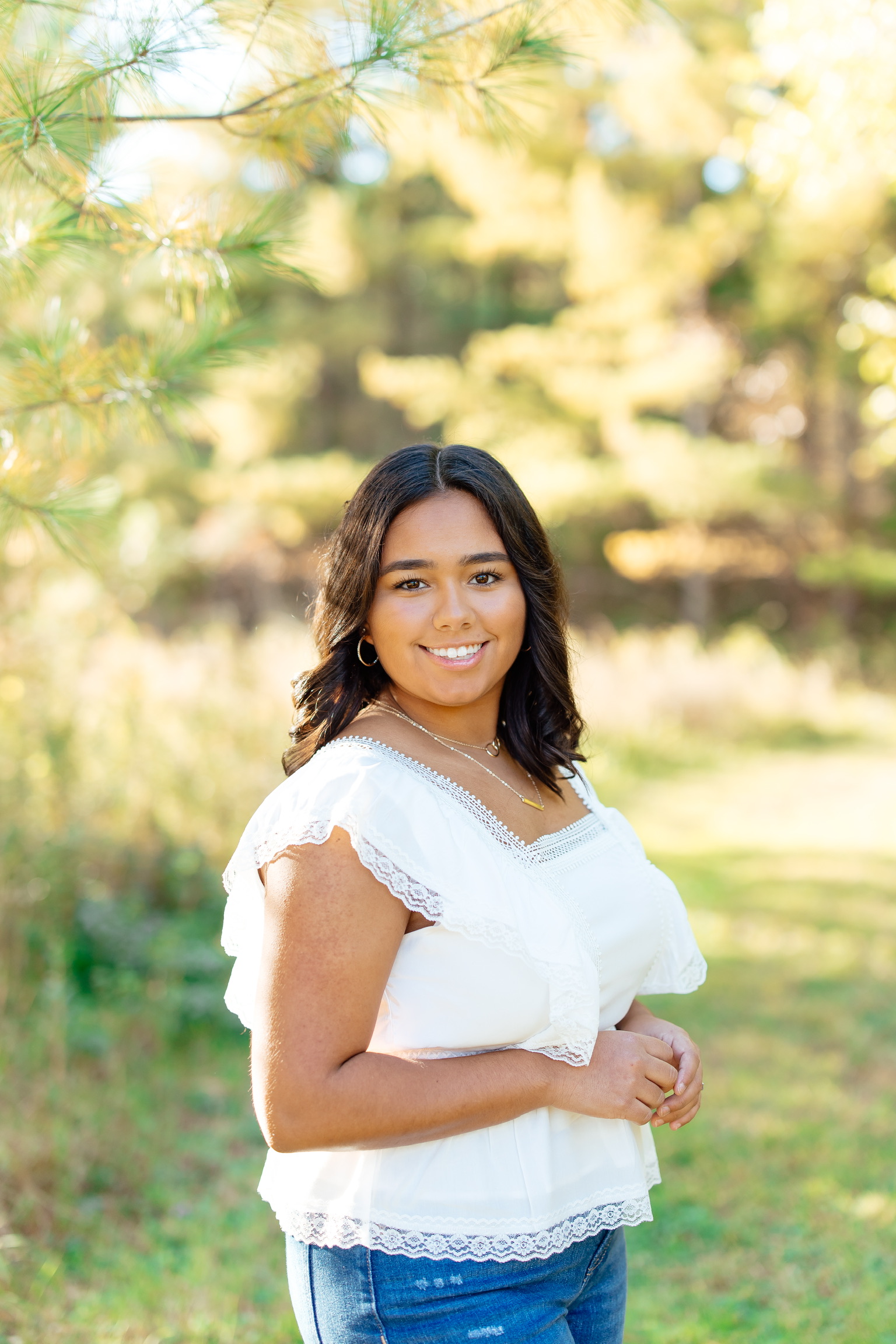
Samantha Sein
Class of 2028
Social Work & Political Science major(s)
Why D.I.D? "I wanted to be part of a space that works alongside other passionate people with different backgrounds and beliefs that truly would like to listen, learn, and work together toward a more inclusive and just campus community"
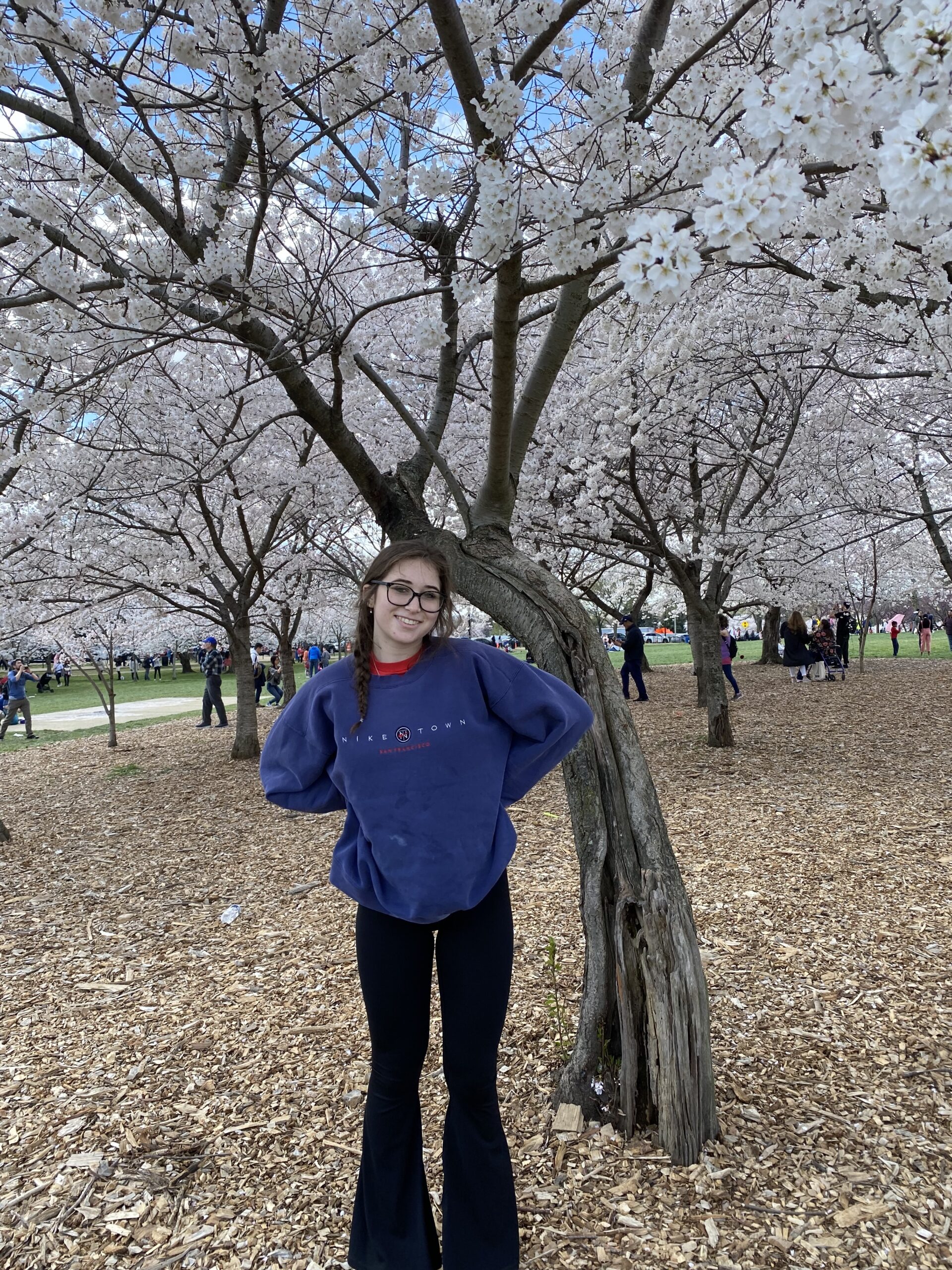
Isabelle Camoin
Class of 2026
Political Science Major
Why D.I.D? "I believe in creating a safe space for dialogue and the role it plays in unifying an authentic community."
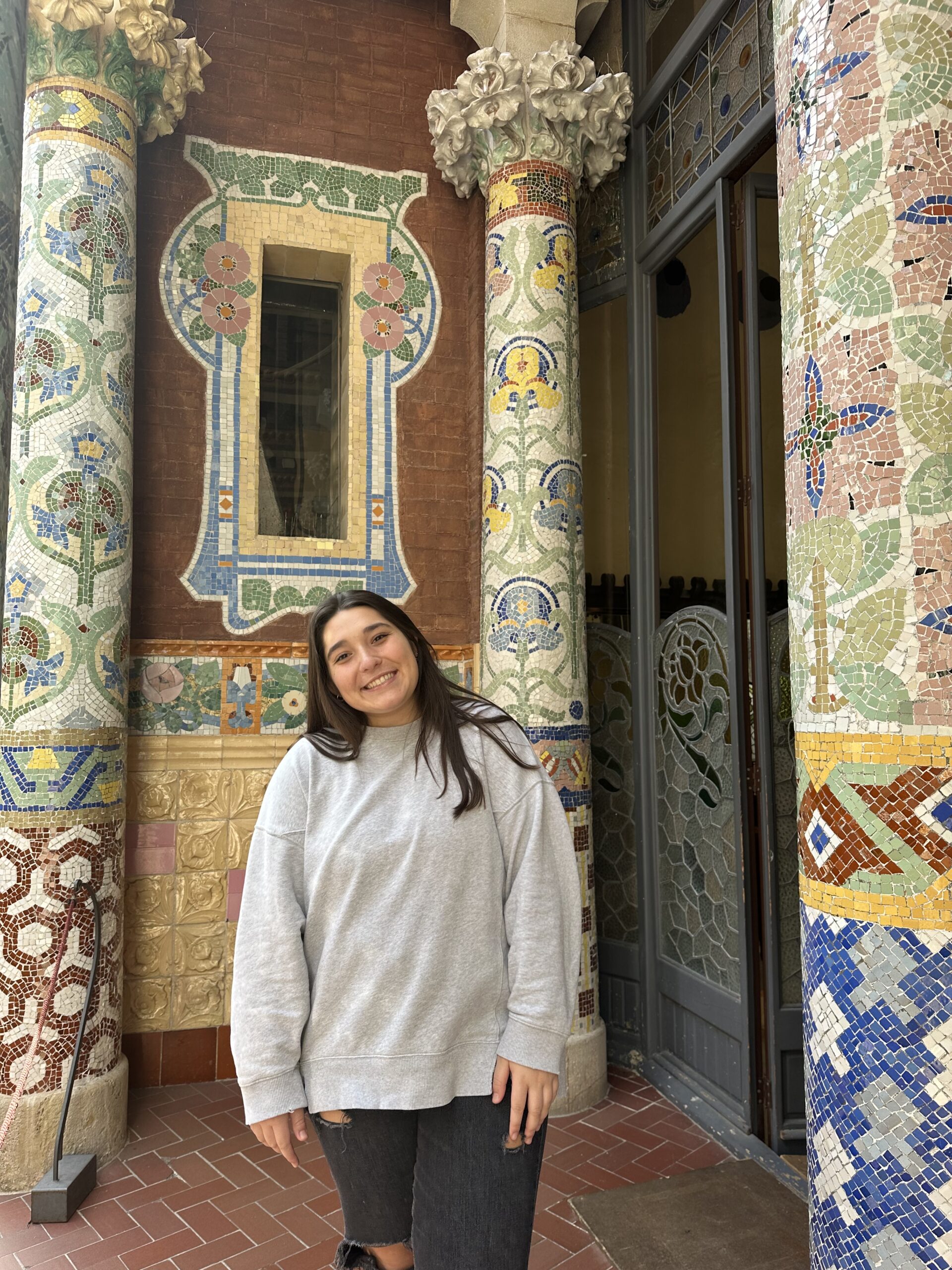
Francesca Bambara
Class of 2026
Global Studies & Sociology major(s)
Why D.I.D? "I joined DID Lab to foster greater dialogue on campus, and to contribute to programming that encourages difficult but necessary conversations while promoting diversity and social justice"
Student Fellows Impact Reports
Faculty Dialogue Fellows
Inaugural Faculty Dialogue Fellows: 2022-2023
- Tuba Agartan, Health Policy Management
- Fr. Justin Brophy, Political Science
- Abby Corrington, Management
- Nuria Alonso Garcia, Global Studies / Education
- Saaid Mendoza, Psychology
- Andrea McDonnell, Communication
- Sam Murray, Philosophy
- Eric Sung, Art
2023-24 Academic Year Fellows
- Ed Dain, Philosophy
- Dana Dillon, Theology / Public and Community Service Studies
- Robert Hasson, Social Work
- Amy Foley, English / DWC
- Ana Cecilia Iraheta, World Languages and Cultures
- Arati Kale, Finance
- Colin King, Philosophy
- Lynne Lawson, Physics
- Adam Myers, Political Science
- Kelly Ramirez, Entrepreneurship
- Erin Schmidt, Theater, Dance, and Film
- Virginia Thomas, Art / Women’s and Gender Studies
- Gizem Zencirci, Political Science
2024-25 Academic Year Fellows
- Molly Driessen, Social Work
- Abigail Dym, Public and Community Service Studies
- Tom Hamami, Economics
- Natalie Hannan, Philosophy
- Alyssa Lopez, History
- Gina Noia, Theology
- Carmine Perotti, Public and Community Service Studies
- Charlotte Roberts, Sociology
- Sandra Silva-Enos, Secondary Education
- Eva Wheeler, Black Studies & World Languages and Cultures





